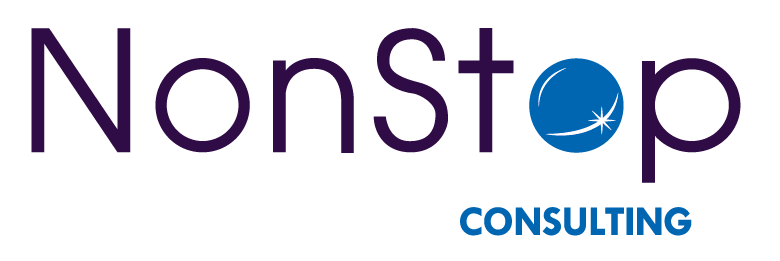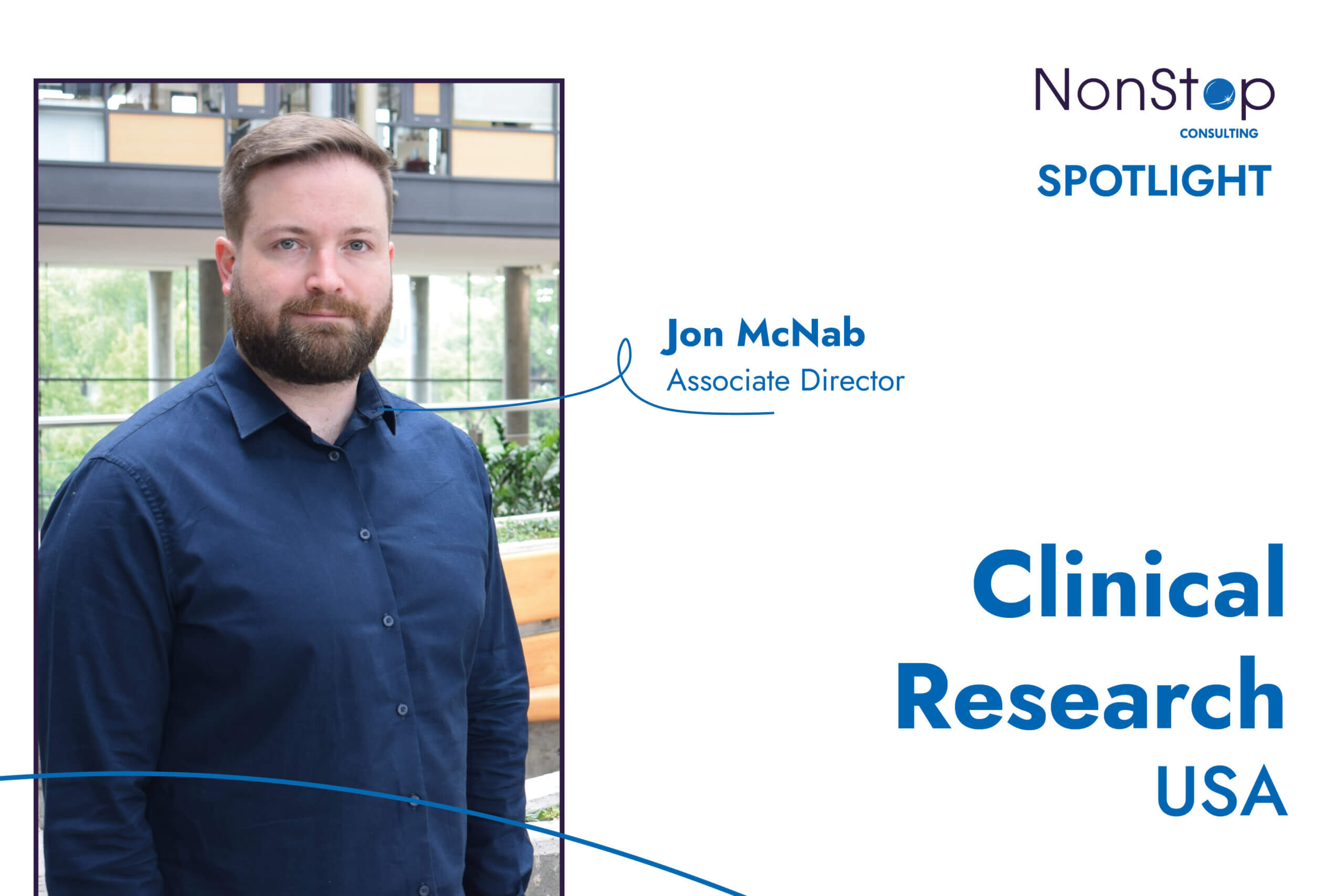Associate Director Jonathan McNab and Senior Recruiter Vojtech Pulda, who recruit clinical research professionals in the United States give an overview of the industry in this edition of our Spotlight series.
What are the main challenges affecting hiring in the market and why?
In the clinical research market, there is a mix of a shortage of talent, and a large number of roles, leading to a lot of competition between companies. This is across both CRO and Sponsor side.
For example, the unemployment rate for CRAs is very low and combined with most organisations still wanting a certain number of years of experience, there just isn’t the talent out there at the right level for every company.
In addition, since many organisations are strict on their requirements without flexibility (many times for good reason), it becomes increasingly difficult. This can include minimum years of experience, therapeutic area experience, or not wanting people who move around every one to two years (something that unfortunately is commonplace in the clinical research market).
One other thing we have seen is a number of candidates with « fake » CVs who apply for positions. Many clients have mentioned this is a concern for them as part of the industry.
How can we overcome those challenges?
Some companies are investing in hiring the next generation of clinical research employees, looking to train up their own junior candidates into strong CRAs. The risk with this is once they hit two to three years, they will be attracting interest from other organisations who can pay more money, or have a well-known brand within the industry.
The market is also very specialised and actually having a talent pool and network becomes very important. This is something NonStop does, as we are always speaking with and keeping in touch with the market to get to those who are looking quickly.
What is the most common FAQ from clients in this space?
Many clients ask us about the market and the trends, and how to engage with talent to continuously have a pool of candidates. In addition, it is not just about attracting that talent, it is keeping them interested when they have so many other potential offers, and most likely a counter offer when they do decide to leave their current company.
NonStop focuses on talent pooling, the candidate experience, and ensuring that those who go through the process not only retain interest, but also have all details covered.
This is important to ensure that expectations, motivations and timelines are all aligned, providing the highest chance of success.
This has been developed through experience and industry-leading training to provide an increase in the percentage chance that the candidate will be hired successfully.
Any predictions for hiring in this market in the coming two to five years?
The market is not going to change anytime soon, in fact it will continue to be very dynamic with a lot of competition. This is due to a lack of « new » clinical candidates being invested in, and with the increasing complexity of clinical trials, it does put the market in a precarious position.
This leads to candidates being able to dictate things such as salary, and working conditions, meaning that the cost to hire strong clinical staff will only increase (in addition to a bidding war between multiple companies working in their favour)





